Manila, Philippines, MINA — Southeast Asian defense ministers condemned the Maute group and their siege of Marawi City which killed thousands and charred the once-bustling central district of the lakeside town, hours after the Philippine secretary of defense declared the months long crisis over, Philstar reported.
They also called on their governments to cooperate in fighting violent extremism which is threatening to establish a foothold in the region, according to their joint declaration of the defense ministers from the Association of Southeast Asian Nations.
The region’s defense chiefs, meeting in Manila in the run-up to the much bigger leaders’ summit in November, also condemned terror attacks across the world which sent Western countries scrambling to defend their cities.
ASEAN defense ministers said that the region’s governments should endeavor to counter terrorism and violent extremism through intelligence sharing, better surveillance and enhancement of their citizens’ awareness on the threat of radicalism.
Also Read: Dozens Killed in RSF Drone Strike on Sudanese Village During Funeral
“[The defense ministers condemn] in the strongest terms the attacks carried out by violent extremists across the world, particularly in Southeast Asia including the attack by the Maute Group in Marawi City, Philippines, which led to casualties, destruction of properties, and displacement of people among others,” the joint declaration read.
This came after Sec. Delfin Lorenzana, the Philippine defense chief, announced the end of combat operations in Marawi City after Filipino troops were able to rid the town of the last remaining terrorists which had led the siege since May 23.
Headlines ( Article MRec ), pagematch: 1, sectionmatch: 1
The Marawi crisis, spearheaded by the Islamic State-inspired Maute Group and some Abu Sayyaf fighters led by Isnilon Hapilon, started when Philippine troops bungled an arrest operation which quickly spiraled into intense fighting, forcing President Rodrigo Duterte, who was on a state visit to Russia that time, to place the entire island of Mindanao and its 22 million inhabitants under military rule.
The crisis proved difficult for security officers to solve as the militants apparently were well supplied and well prepared for a battle that dragged on for five months.
Also Read: International Red Cross Calls for Safe Corridors for Civilians in Sudan
It also displaced more than 200,000 residents of Marawi and neighboring towns while continuous ground and air assaults by the Armed Forces destroyed buildings and houses in the downtown area which served as the hideouts of the militants.
Pictures from the battle area showed crumbling structures and buildings riddled with bullet holes, an indication of the intensity of the fighting.
Last week, Duterte, visited troops in the city several times during the duration of the crisis and declared that the city was free from terror influence after two of the leaders, Omar Maute and Hapilon, were killed.
Southeast Asian Nations also expressed their concern over traditional and non-traditional security issues and recognized the role of their respective defense establishments in tackling the said challenges, according to the document.
Also Read: M6.3 Earthquake in Afghanistan Kills 19 People
Close coordination to combat terrorism
ASEAN defense ministers agreed to closely coordinate to combat terrorism through the bloc’s existing legal frameworks.
“[Defense ministers] do hereby declare to work together to combat terrorism in all its forms and manifestations in accordance with the ASEAN Convention on Counterterrorism and the ASEAN Comprehensive Plan of Action on Counterterrorism,” the statement said.
The ministers also declared to identify ways to strengthen counterterrorism cooperation among the nations’ defense establishments.
Also Read: 6.3-Magnitude Earthquake Strikes Northern Afghanistan
Recently, the Philippines, Indonesia and Malaysia signed water and air patrol agreements in an effort to buttress their defense against illegal activities in their porous borders.
US Defense Secretary Jim Mattis, who is also attending the ministerial meeting, congratulated the Philippine government on the progress it had made against the militants in the country’s volatile south.
Mattis said that the actions of the military sent terrorists a very necessary message.
The militants attack of Marawi City flared fears that IS might be able to establish a province in Southeast Asia as its network of supporters in the Middle East continued to crumble and backpedal.
Also Read: Saudi Arabia Reduces Umrah Visa Validity to 30 Days
Many of the fighters in the Middle East are expected to fly back home to Southeast Asia, which could become the next theater of terror operations if regional governments failed to decisively tackle the problem. (T/RS5/RS1)
Mi’raj Islamic News Agency (MINA)
Also Read: Afghanistan, Pakistan Extend Ceasefire After Türkiye-Qatar Mediation Talks





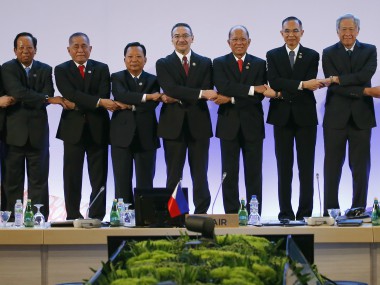


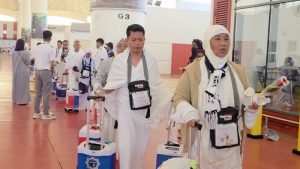

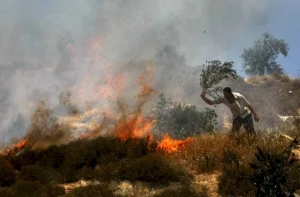


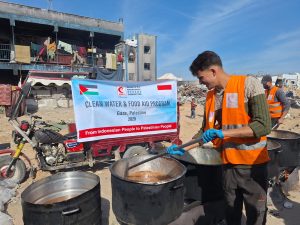


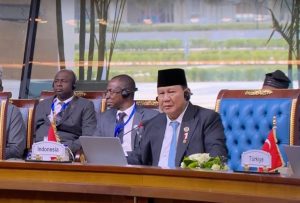
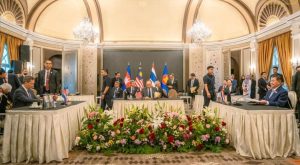
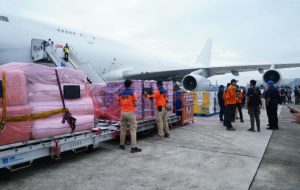
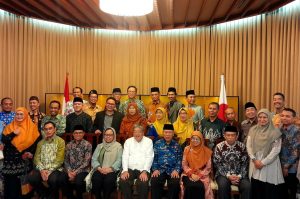




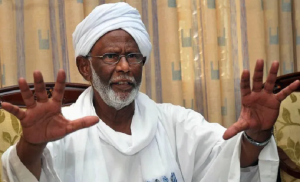

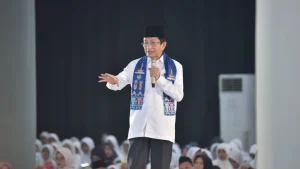






 Mina Indonesia
Mina Indonesia Mina Arabic
Mina Arabic